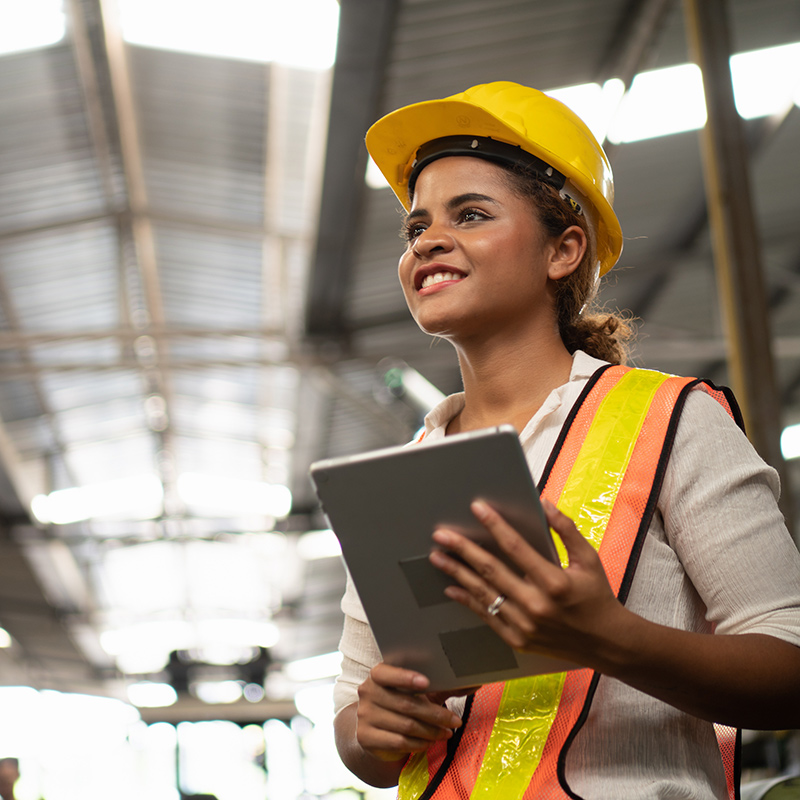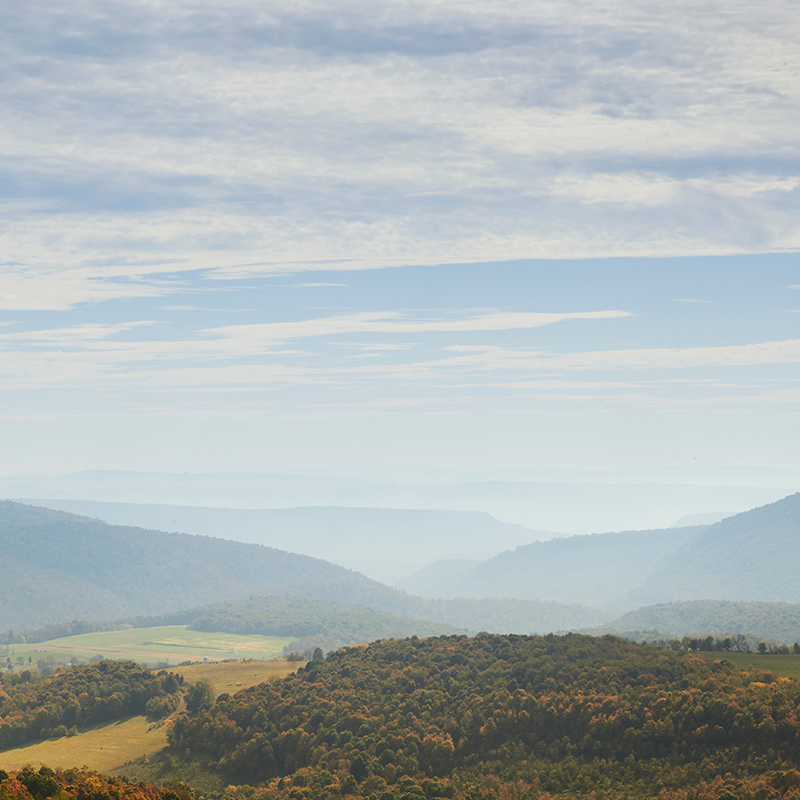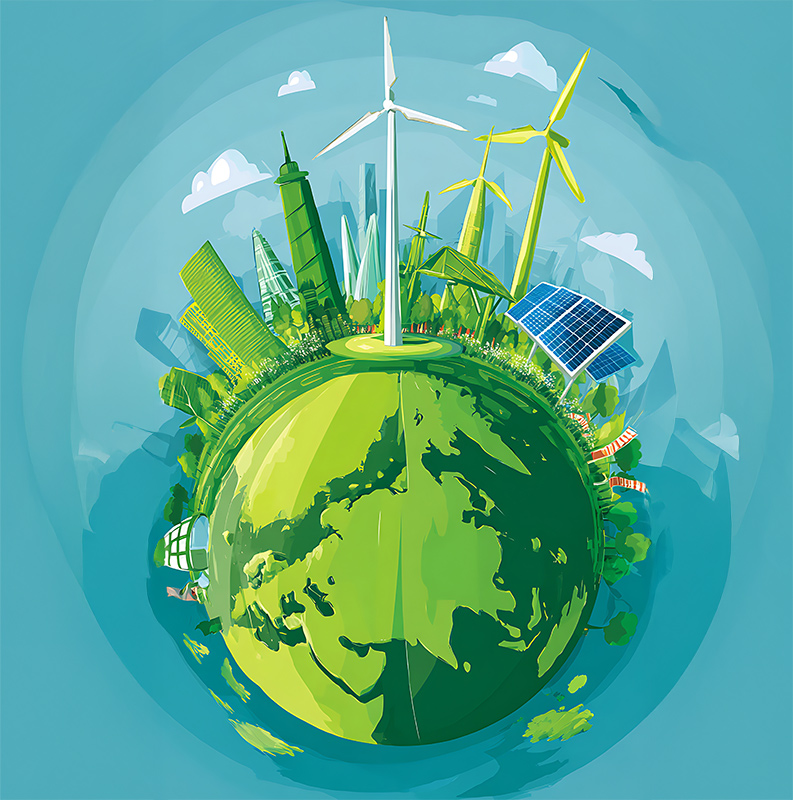Sustainable Construction Management Program
Welcome
Build the Future.
Lead with Sustainability.
The world needs bold leaders who can design, build, and manage roads, bridges, and buildings with sustainability, resilience, and innovation at the core. Frostburg State University’s B.S. in Sustainable Construction Management (SCMT) prepares you to join one of the fastest-growing, highest-paying career paths in America.
Mean Annual Wage for Construction Managers: $116,960 (U.S. Bureau of Labor Statistics)
The vision of the Bachelor's Program in Sustainable Construction Management Management is to provide an interdisciplinary, flexible and state-of-the-art curriculum that provides students with knowledge and marketable skills to become future leaders of construction or manufacturing related organizations worldwide.
The Sustainable Construction Management program supports and encourages local and regional technology initiatives contributing to educational and economic advances.
Unicity of the Sustainable Construction Management Program
At the end of the four-year program, you will not be just another construction manager. You will be an expert of the Sustainable Construction Management of projects, acquiring the proper skills and mind-set needed to look beyond short-term gains, and focus on long-term benefits, by assessing both internal and external costs into the decision-making process, while focusing on social and environmental impacts. You will master resiliency and sustainability of the built environment, by learning how to become resource-efficient responsible throughout a building's/project’s/ product’s life-cycle, from Sustainable construction management means far more than building environmentally friendly structures design up to end-of-life.
Graduates will develop the necessary skills and mind-set to operate in view of minimizing resource consumption while maximizing resource reuse and profits, with the use of sustainable, durable, renewable or recyclable resources to protect the natural environment.

Sustainable Construction Management Highlights
- Location
Frostburg is located in the beautiful and scenic mountains of Western Maryland, providing countless outdoor adventure resources for everyone.
- Sustainability
Learn about innovative construction and manufacturing practices and new resilient, durable, and sustainable construction materials available in the market for the use in the construction industry. - Green Building Standards
The increasing awareness of environmental issues, such as global warming and sea level rise problems, are becoming topics of discussion in communities across the globe. The growing awareness of sustainable construction's and facilities management’s potential to positively impact environmental issues is pushing green practices to the forefront. As a result, more local governments are adopting green building standards and regulations by providing permitting and financial incentives for sustainable development. However, by delivering green building projects with different risk-associated impacts, the building and management process requires adjustments to the conventional methodologies.

- Mastering Life-Cycle of Projects:
Creates leaders who can balance both the pressure of short-term goals and priorities along with long-term goals and incorporate a new set of ideals centered on improving social and environmental issues in the world, while maintaining financial performance. - Internships
Build career knowledge and marketable skills through 12 required internship credits. Internship credits may be available, upon consultation with the department, for students with prior work experience in a related field.
- Interdisciplinary
Offers an interdisciplinary approach with the participation of other undergraduate and graduate programs at Frostburg State University. - Faculty
Engage with full-time faculty with precious experience in the field of sustainable construction management. - Opportunities
The U.S. Census Bureau puts the total annual value of construction in the United States at approximately $900 billion (8% of the U.S. gross national product), making the construction industry one of the most important sectors of the nation’s economy. This program prepares to access highly demanded job careers as managers, with good pay, rewarding, and exciting job perspectives that require broad skills.

Opportunities
The construction industry represents one of the strongest and most stable sectors of the United States economy, with an annual value of over 900 billion dollars. Graduates of the Sustainable Construction Management program enter a job market that demands their skills and offers excellent security, strong compensation, and opportunities for advancement.
Career paths include:
- Construction Manager
- Project Manager
- Operations Manager
- Estimator / Cost Analyst
- Sustainability Manager / Specialist
- Environmental Project Manager
- Construction Engineer
- Site Manager
- Field Engineer
- Building and Systems Analyst
- Construction Executive
- Real Estate Development Manager
Graduates are consistently recruited by:
- General Contractors
- Real Estate Developers
- Architectural and Engineering Firms
- Manufacturing and Technology Companies
- Sustainability Consulting Firms
- Research Firms
- Construction Management Firms
Questions?
If you have any questions regarding your degree progress, please feel free to contact your advisor by phone or e-mail, or by setting up an appointment.
Thomas Cadenazzi, PhD
Program Coordinator, Assistant Professor
tcadenazzi@frostburg.edu
301-687-4939







